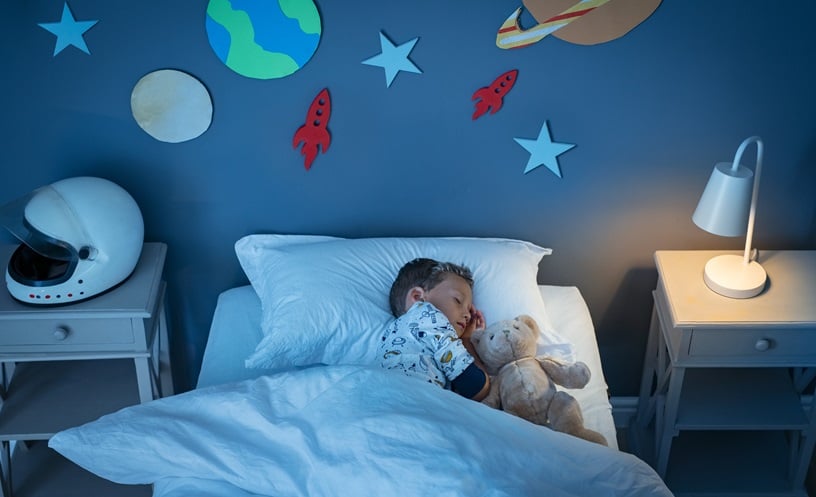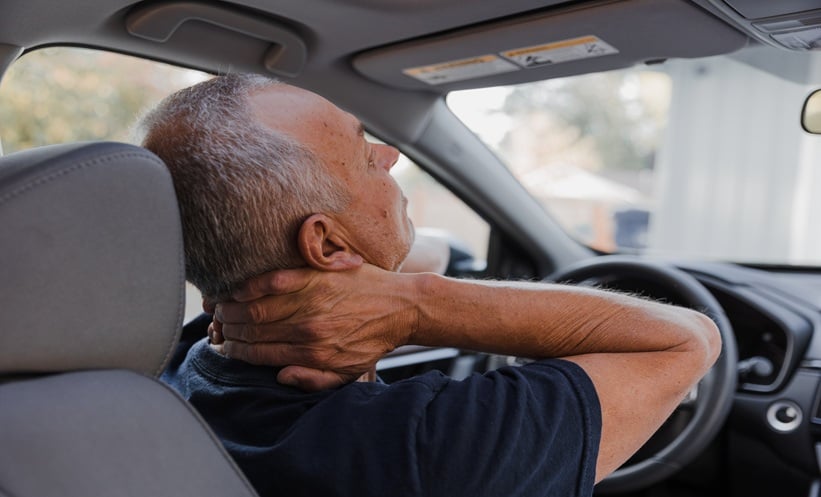LONGER nightly sleep durations, especially beyond 9.9 hours in the first two weeks after injury, are associated with higher symptom burden and increased risk of persistent symptoms in young people recovering from concussion.
Sleep disturbances are common after paediatric concussion, but the relationship between sleep duration and symptom progression during recovery has not been well characterised. Understanding this association is crucial, as it may inform post-injury management and improve outcomes for affected youths.
This cohort study analysed data from 291 Canadian youths aged 10 to 18 years who were treated for concussion at three emergency departments in Ontario between 2017 and 2019. Participants were enrolled within 48 hours of injury and monitored for sleep using waist-worn accelerometers and daily sleep logs for two weeks. Symptom burden was assessed at 1, 2, and 4 weeks post-injury using the Health and Behavior Inventory. The analysis used nonlinear mixed-effects models to estimate symptom burden based on mean nightly sleep duration over days 1 to 7 and 1 to 14, adjusting for pre-injury and baseline injury characteristics. The results showed that average nightly sleep durations beyond 9.5 hours in the first week were associated with higher symptom burden at 1 week (for example, 10.5 hours vs 9.5 hours: estimate, 1.3; 95% CI, 0.25–2.28), and sleep durations beyond 9.9 hours in the first two weeks were linked to higher symptom burden at both 2 and 4 weeks (10.9 hours vs 9.9 hours: estimate, 2.2; 95% CI, 0.85–3.47). Furthermore, longer sleep was associated with increased odds of persisting symptoms at 4 weeks, with odds ratios of 1.73 (95% CI, 0.91–3.26) using a conservative definition and 1.93 (95% CI, 1.07–3.47) using a more liberal definition of symptom persistence.
These findings suggest that excessive sleep in the early weeks following paediatric concussion may be a marker of greater symptom burden or more severe injury, rather than a sign of optimal recovery. For clinical practice, this highlights the importance of closely monitoring sleep patterns in young people after concussion, rather than simply encouraging more rest. Clinicians should consider both short and long sleep durations as potential indicators of ongoing symptoms and adjust follow-up and management accordingly. Further research is needed to clarify the mechanisms behind this association and to determine whether interventions targeting sleep duration can improve recovery.
Reference
Butterfield L, et al. Nightly sleep duration and symptom burden over 1 month following pediatric concussion. JAMA Netw Open. 2025;8(6):e2516333.








